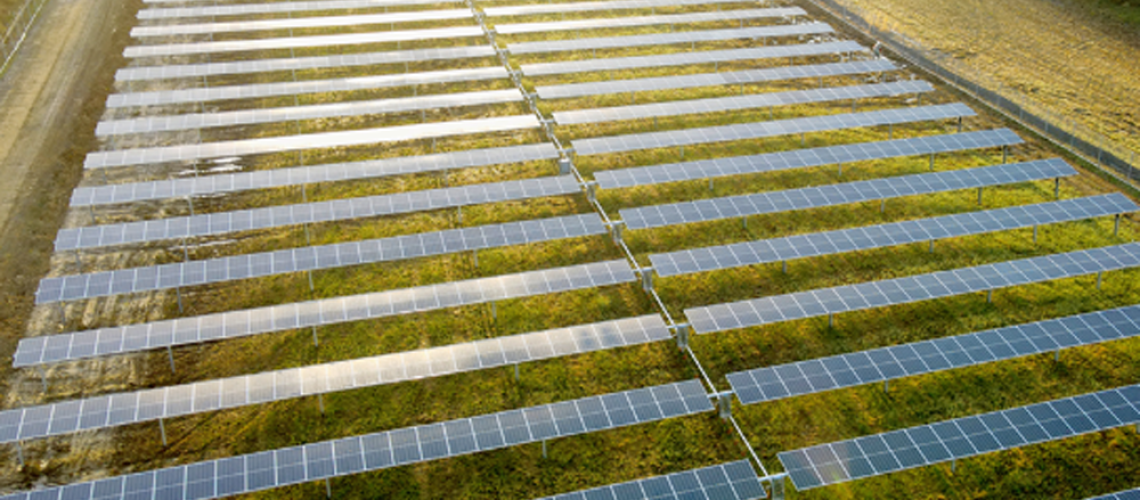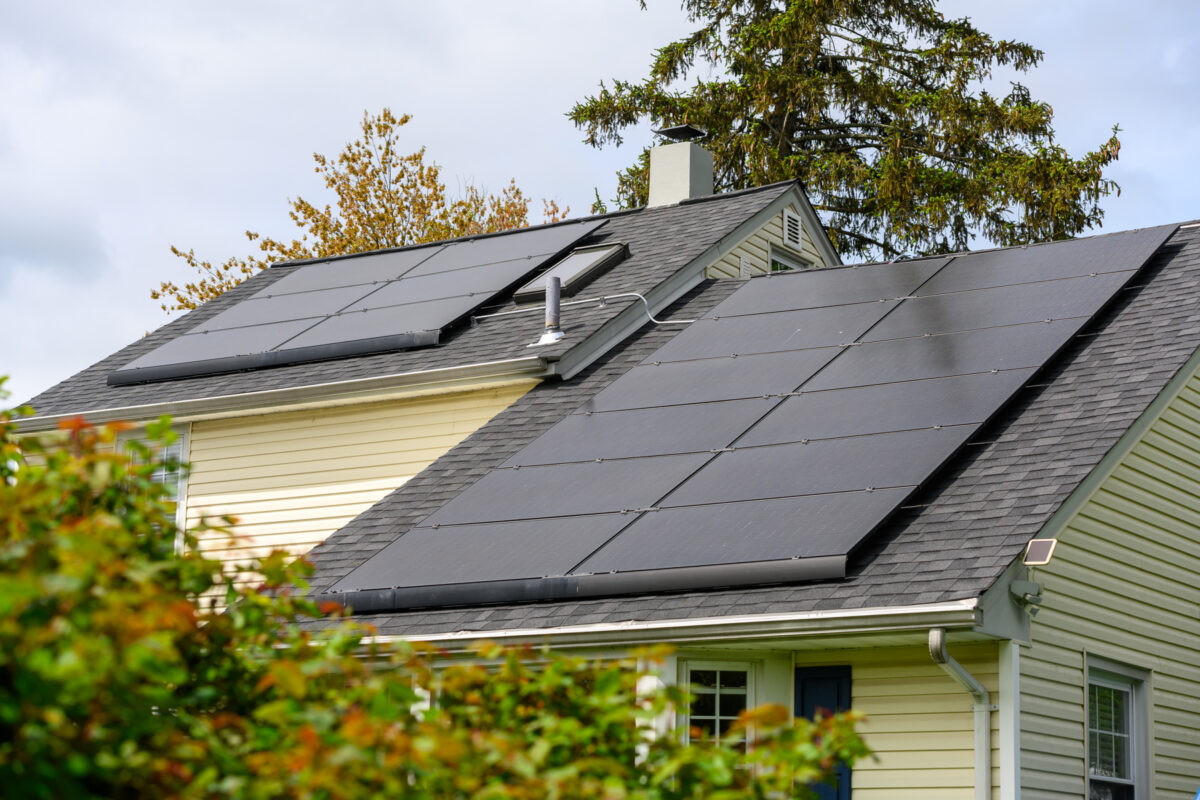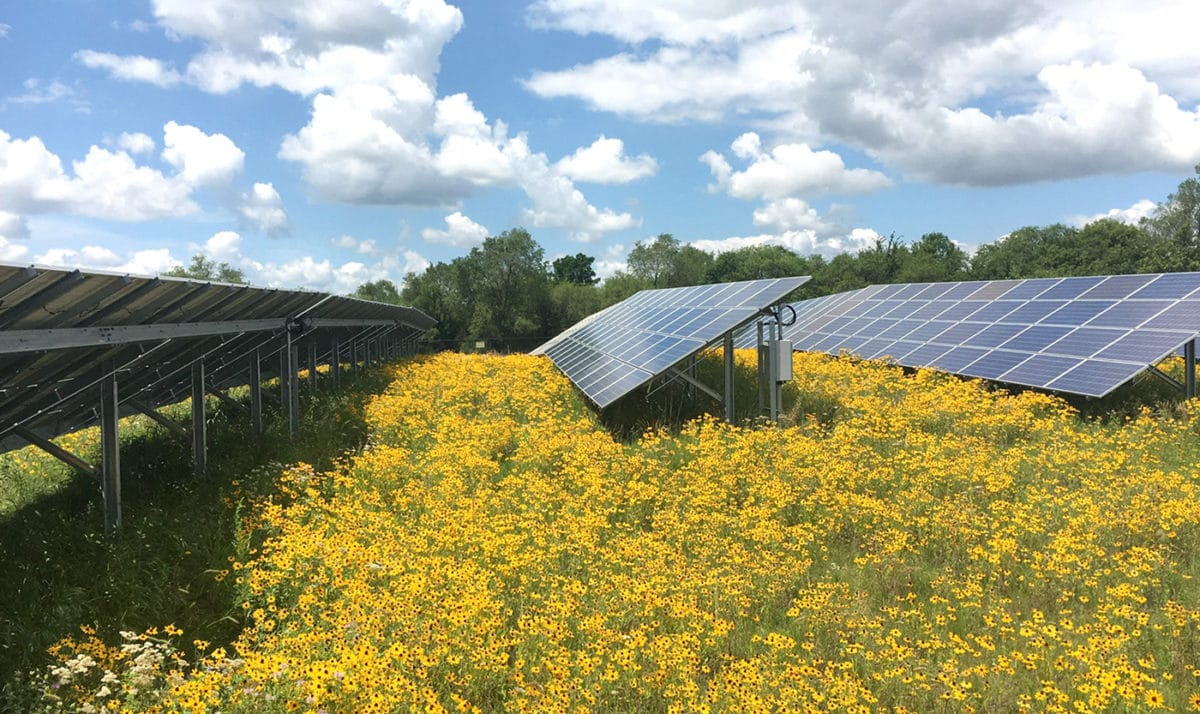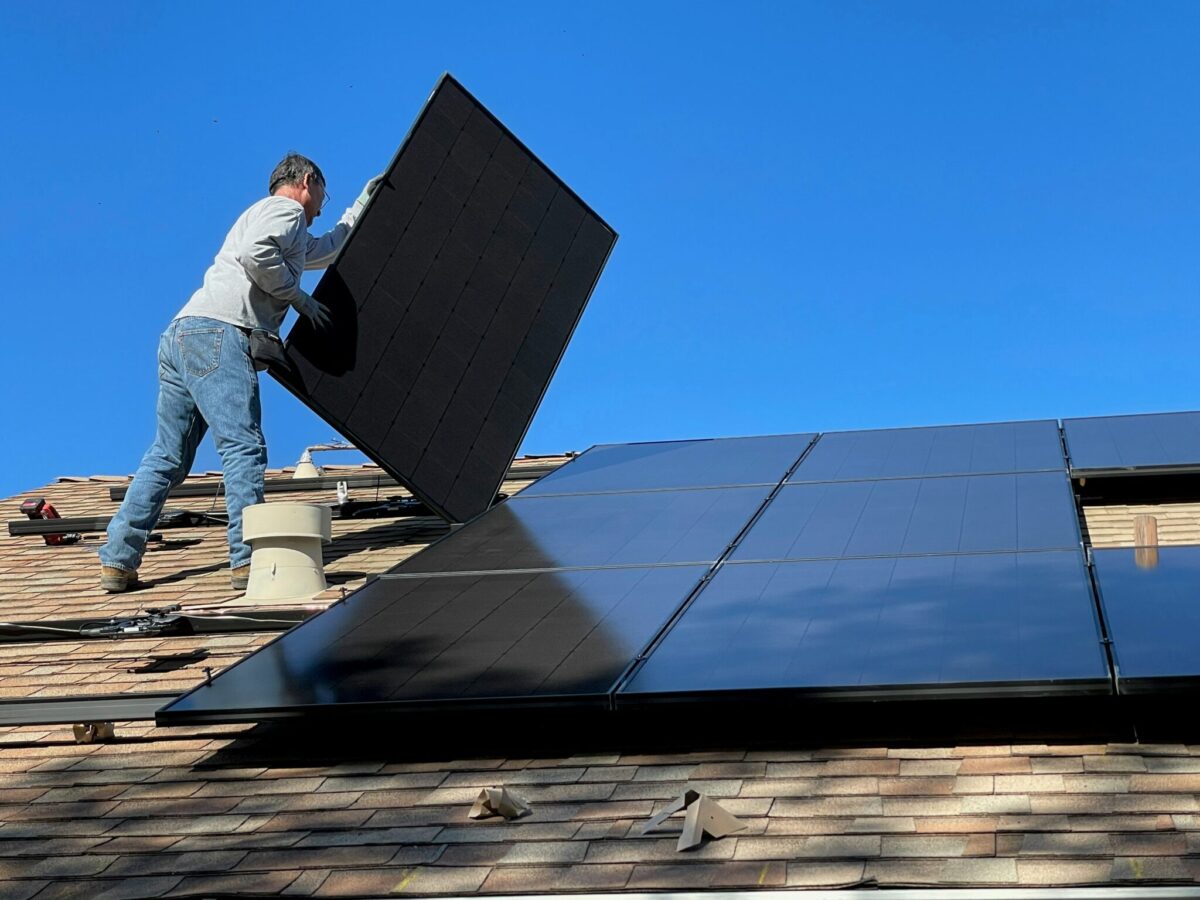The Sunny Awards for Equitable Community Solar is a $100,000 prize competition that recognizes community solar projects and programs that use or develop best practices to increase equitable access to community solar for subscribers and their communities.
Community solar is any solar project or purchasing program in which the energy from a solar project flows to multiple customers such as individuals, businesses, nonprofits, and other groups within a certain geographic area. It is a solution for those who can’t afford to go solar on their own, those who don’t own a rooftop, or those whose rooftops are not applicable for solar.
The concept of community solar is taking off in the United States. In August pv magazine reported that the community solar market in the United States would add at least 7 GWdc in existing markets over the next five years, based on a report by Wood Mackenzie and the Coalition for Community Solar Access (CCSA).
Despite the growth of community solar projects, the concept is still relatively new, and programs vary significantly in their structure, implementation, and benefits. The Sunny Awards intend to move community solar beyond the nascent stage by providing a blueprint for community solar developers, state energy offices, utilities, and others to help achieve the National Community Solar Partnership (NCSP) target to power the equivalent of five million households with community solar by 2025, generating $1 billion in electricity bill savings.
The Sunny Awards, which were announced in July, offer a $100,000 grand prize to the top teams, plus an additional $1,000 to the recently announced finalists. Finalists are chosen for the effective way in which they equitably deliver the specific, meaningful benefits of community solar identified by NCSP.
Community solar projects and programs eligible for the award must be able to prove that they are providing meaningful benefits in at least one of the following primary meaningful benefit categories:
- Greater Households Savings
- Low- to moderate-income (LMI) Household Access
- Resilience and Grid Benefits
- Community Ownership
- Equitable Workforce Development
Meaningful benefit category special recognition will be given to the top three competitors in each of the primary meaningful benefit categories above, as well as in community engagement and impact.
Applicants were asked to submit a narrative application along with a set of verifiable supporting evidence for either a community solar project (individual community solar installations) or program (state, district, territory, or utility-run initiatives that enable, incentivize, or otherwise support the development of multiple community solar projects within a specific jurisdiction).
The official rules are available on the HeroX platform.
In the finalist stage, 31 competitors were selected by DOE reviewers and each will receive a cash prize of $1,000. These competitors will advance in the prize challenge. The panel of external reviewers used a pre-determined and publicly available set of scoring guidance to select winners for two types of Grand Prize awards.
All finalists that meet eligibility requirements across two or more meaningful benefit award categories will compete for a Sunny Grand Prize Award for Equitable Community Solar. Up to five projects or programs that demonstrate significant achievement in delivering meaningful benefits across multiple categories will be selected as Sunny Grand Prize Award winners and will be eligible to receive $10,000 in prize money.
Furthermore, DOE will present non-monetary awards that recognize up to three programs or projects in each of the meaningful benefits categories, including the two innovation categories.
Winners of both the Sunny Grand Prize Awards and Meaningful Benefit Special Recognition Awards will be publicly announced by DOE in early 2023 and will be invited to participate in a series of DOE-hosted webinars and events on community solar best practices.
Winners’ best practices will also be used to develop a collection of case studies to encourage greater adoption of these practices.
Finalists
1 Catherine Street Community Solar
Solar Landscape LLC, Teterboro, N.J.
Boston Properties – CityPoint – 500 Totten Pond
Sunwealth Power LLC, Waltham, Mass.
Citizens Imperial Solar
Citizens Energy Corporation, Calipatria, Calif.
Common Energy
Common Energy, New York, N.Y.
Community Power
Solar One, Brooklyn, N.Y.
Community Solar Clearinghouse Solution Program
Metropolitan Mayors Caucus, Chicago, Ill.
Dividends Return Commons Model
People Power Solar Cooperative, Oakland, Calif.
Dunbar Solar Commons
Solar Commons, Tucson, Ariz.
Faribault Community Solar
Cooperative Energy Futures, Faribault, Minn.
Haven Community Solar Project
Cooperative Energy Futures, Saint Cloud, Minn.
Heart Butte Community Solar
Bonneville Environmental Foundation, Heart Butte, Mont.
Hummingbird Community Solar Project
Olympia Community Solar, Olympia, Wash.
Illinois Guaranteed Savings Program
Clearway Community Solar, Ill.
Illinois Solar for All
Illinois Power Agency, Champaign, Ill.
JOE-4-SUN Low-Income Community Shared Solar: Ashland Solar Project
Citizens Energy Corporation, Ashland, Mass.
JOE-4-SUN Low-Income Community Shared Solar: Falmouth Solar Project
Citizens Energy Corporation, Falmouth, Mass.
Longview Garage Canopy for City of White Plains
DSD Renewables, White Plains, N.Y.
National Blue Army Shrine of Our Lady of Fatima
Sunwealth Power LLC, Franklin, N.J.
New Hampshire Solar Shares
Plymouth Area Renewable Energy Initiative, Plymouth, N.H.
New York City Housing Authority Solar Portfolio
Sunwealth Power LLC, New York, N.Y.
Oregon Shakespeare Festival Community Solar
Oregon Clean Power Cooperative, Talent, Ore.
Santa Rosa Community Solar Project
GRID Alternatives, Idyllwild, Calif.
SharePower Community Solar Project at the Monastery of Our Lady of Mt. Carmel
Groundswell Inc., Washington, DC
Shiloh Temple Community Solar
Cooperative Energy Futures, Minneapolis, Minn.
Shungnak-Kobuk Solar Battery Independent Power Producer
Northwest Arctic Borough, Shungnak, Alaska
Solar for All
Department of Energy and Environment, Washington, DC
Temple Emunah Community Shared Solar
Resonant Energy, Lexington, Mass.
Tuckahoe Housing Authority
UGE International, Tuckahoe, N.Y.
Urbana Solar
Nexamp, Urbana, Ill.
Vieques Microgrid
Community Through Colors, Vieques Municipality, Puerto Rico
White Marsh Community Solar Farm
Nautilus Solar Energy LLC, Kingsville, Md.






